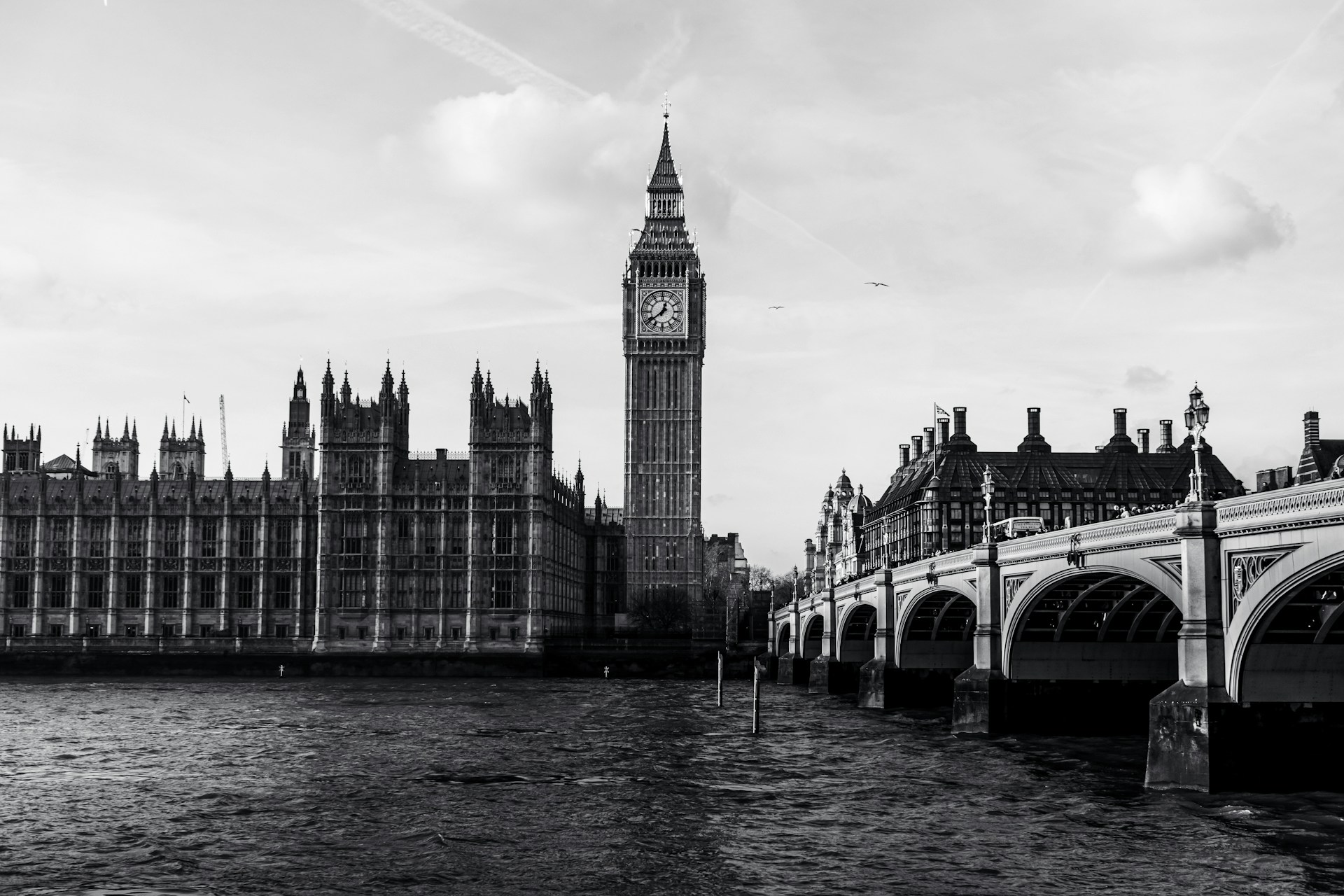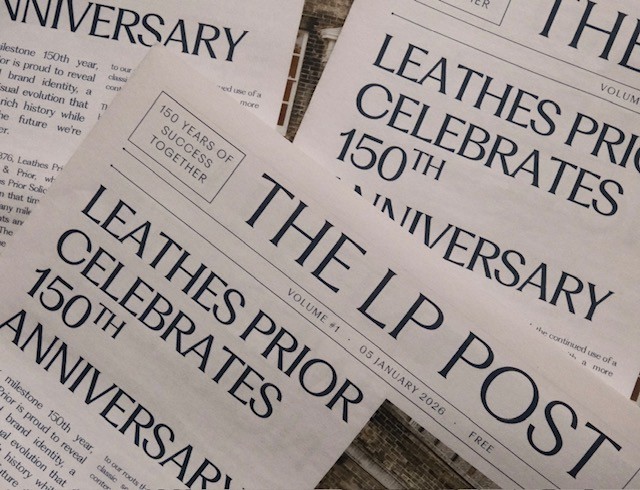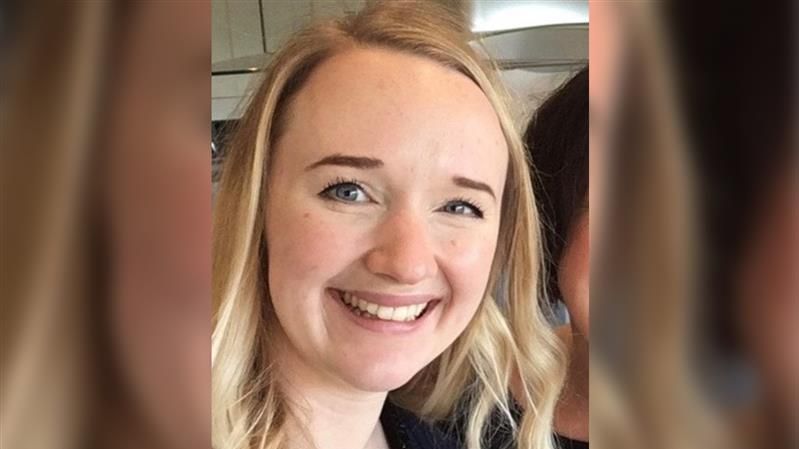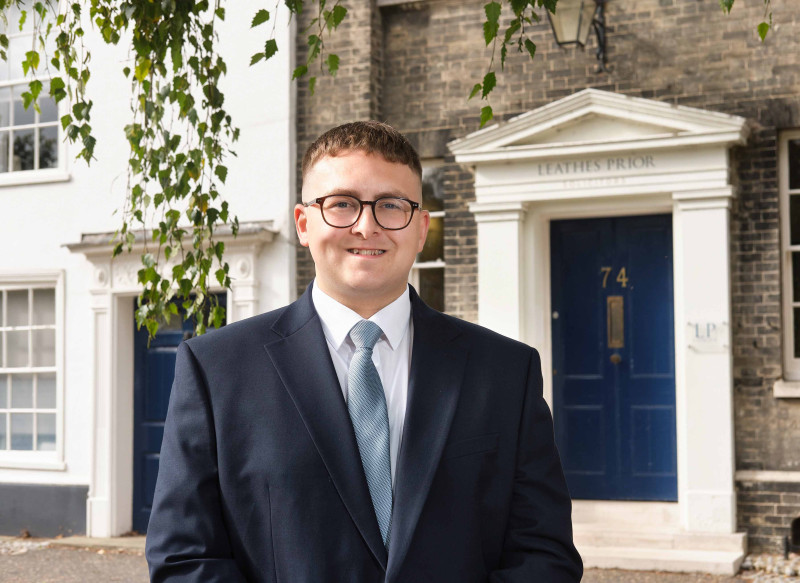Refund scheme announced for Power of Attorney Registration Fees
In April 2017 the MoJ announced a decrease in the registration fee for Powers of Attorneys from £110 to £82 per Power. Following this decision the MoJ has recently launched a refund scheme for Powers of Attorney registered between 1 April 2013 and 31 March 2017; this scheme applies both to Lasting Powers of Attorney and Enduring Powers of Attorney.


In April 2017 the Ministry of Justice (MoJ) announced a decrease in the registration fee for Powers of Attorneys in England and Wales from £110 to £82 per Power. Following this decision the MoJ has recently launched a refund scheme for Powers of Attorney registered between 1 April 2013 and 31 March 2017; this scheme applies both to Lasting Powers of Attorney and Enduring Powers of Attorney.
How much money will I get refunded?
The extent of the refund will depend on when you made the application to register the Power of Attorney, but you can still claim a refund even if you don’t know when you paid the fee. You will also receive 0.5% interest.
When you paid the fee
Refund for each power of attorney
April to September 2013
£54
October 2013 to March 2014
£34
April 2014 to March 2015
£37
April 2015 to March 2016
£38
April 2016 to March 2017
£45
How do I claim a refund?
Only the donor – the person who made the Power of Attorney – or the attorney are able to make a claim. The refund must be paid to the donor. This does mean that, unfortunately, the team here at Leathes Prior will not be able to make a claim on your behalf.
There are many ways to claim a refund. Firstly, an online application can be completed here though it should be noted that this method is not suitable if the donor does not have a UK bank account, if the donor has died or if the person making the claim is a court-appointed deputy.
Alternatively, you can make a claim by calling 0300 456 0300 and choosing option 6 between the hours of 9am-5pm on Mondays, Tuesdays, Thursdays and Fridays and between 10am – 5pm on Wednesdays.
It will take up to 12 weeks for an application to be processed and, if successful, the refund will be paid directly into the donor’s bank account. If your application is rejected you can appeal the decision by contacting the Refunds Helpline on 0300 456 0300.
What is a Power of Attorney?
If you still are unsure as to what a Power of Attorney is, it is essentially a legal document that allows you (the ‘donor’) to appoint one or more individuals (known as ‘attorneys’) to help you make decisions or to make decisions on your behalf. Should you lose mental capacity either through illness, an accident or some other means, this document allows your chosen attorneys to assist you and it therefore gives you more control over what happens to you.
There are two types of Power of Attorney: one for health and welfare, the other for property and finances. Powers of Attorney can only be used once registered with the Office of the Public Guardian. Applications are currently taking about 6-8 weeks to be completed and cost £82 per Power in terms of registration fees.
The Team here at Leathes Prior always recommend to clients that, at the very least, they put a Lasting Power of Attorney for property and finances in to place, as this means that your finances can be accessed in the event that you lose mental capacity; this is particularly important if care fees or other bills need to be paid on your behalf.
As Powers of Attorney can only be entered in to by donors who have the mental capacity to understand the nature and effect of the document, it is best to put a Power of Attorney in to place as early as possible. If you lose mental capacity and have not put a Power of Attorney in to place then the only available route is for a Deputyship Application to be made on your behalf to the Court of Protection, which is a much more costly and time-consuming process and does not allow you the choice of your attorney(s).
If you have any questions on anything covered in this article, or relating to Power of Attorney in general, please do not hesitate to contact our Wills, Estates & Power of Attorney specialists on 01603 610911.
Note: the content of this article is for general information only and does not constitute legal advice. Specific legal advice should be taken in any specific circumstance.


Autumn Budget 2025: Agricultural Property Relief & Business Property Relief Changes
It was announced in the 2025 Budget that from 6 April 2026, changes will be made to agricultural property relief and business property relief. These changes bring APR and BPR in line with the nil-rate band rules, meaning unused allowances can be transferred to a surviving spouse or civil partner. This is a significant step towards making estate planning easier for families who own farms or businesses.



The Employment Rights Act 2025 is expected to come into force tomorrow (18 December 2025)
After an extended period of back-and-forth amendments between Parliament and the House of Lords, on 16 December 2025, the ERB finally received approval from the House of Lords, with the formality of Royal Assent due to take place tomorrow (18 December 2025). Head of LP Employment, Dan Chapman, explains...


































